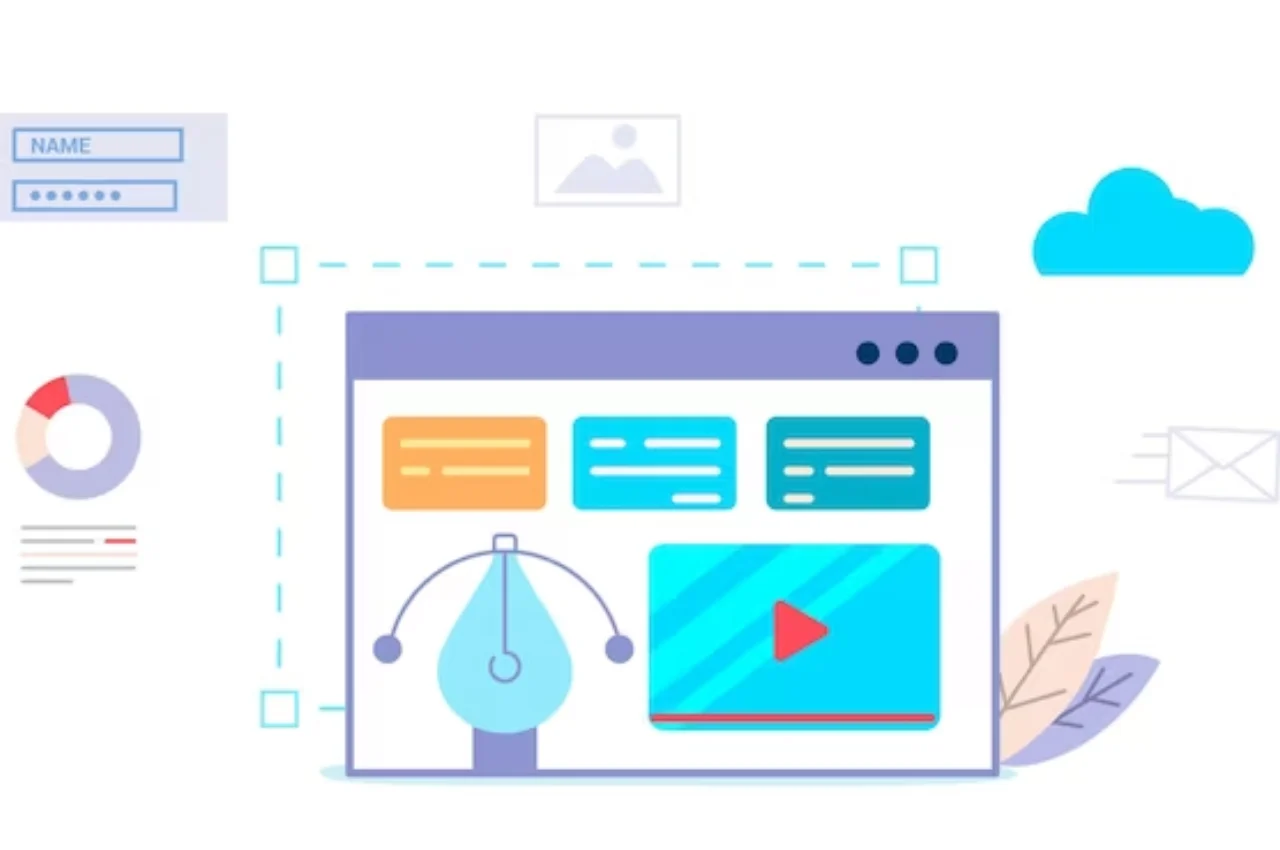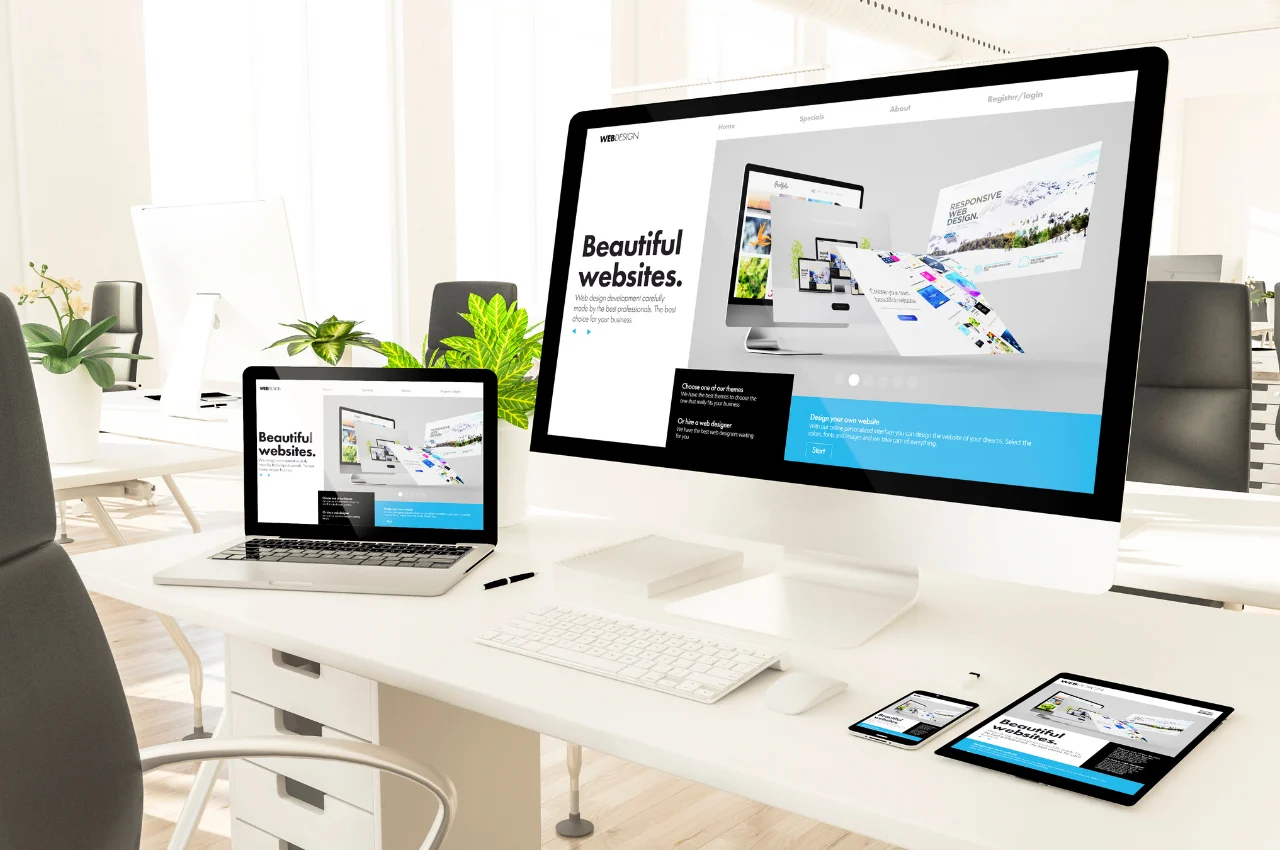Page Builder is a tool that allows users to create web pages without coding skills. It simplifies the website design process.
Page Builder tools provide drag-and-drop functionality for adding elements to a webpage, such as text boxes, images, and buttons. They offer pre-designed templates and customization options to help users build visually appealing websites quickly. With Page Builders, individuals and businesses can create professional-looking websites without the need for technical expertise. These tools are popular among beginners and small businesses looking to establish an online presence. Page Builders help streamline the website development process, making it accessible to a wider audience.
Table of Contents
The Basics of Page Builder
Page builders are tools that allow users to create and customize web pages without needing to write code. They provide a visual interface, often with drag-and-drop functionality, making it easy to design layouts, add elements like text, images, and buttons, and adjust the appearance of a website. Page builders are popular in platforms like WordPress, where they enable users of all skill levels to build professional-looking websites quickly. They offer flexibility, allowing for real-time design adjustments and instant previews of changes, making web development more accessible and efficient.

What is a Page Builder
A page builder is a tool or plugin designed for website platforms, such as WordPress, that allows users to create, edit, and customize web pages without needing to write code. These builders provide a visual, drag-and-drop interface, enabling users to arrange content elements like text, images, videos, and widgets easily. Page builders are popular because they simplify the design process, making it accessible to beginners and saving time for experienced developers by streamlining the creation of complex layouts and designs.
Key Features of Page Builders
- Drag-and-Drop Functionality: Easily move and place elements on the webpage.
- Pre-built Templates: Ready-made designs to kickstart your website creation process.
- Responsive Design: Ensures your website looks great on all devices.
- Customization Options: Tailor your site to match your brand and style.
Benefits of Using Page Builders
Page builders are powerful tools that offer numerous benefits for website development and design. With their intuitive interfaces and customizable features, page builders have revolutionized the way websites are created. Let’s explore some of the key advantages of using page builders.
Enhanced User Experience
Page builders provide a user-friendly environment for creating and editing web pages. They empower users with no coding experience to design visually appealing layouts and incorporate various elements seamlessly. This leads to an enhanced user experience as websites built with page builders are often more engaging and easy to navigate.
Time and Cost Efficiency
By utilizing page builders, web developers and designers can save significant time and resources. The drag-and-drop functionality and pre-built templates enable swift website creation, reducing the need for extensive coding and design work. This results in faster project completion and cost efficiency, making page builders a valuable asset for businesses and individuals alike.
Choosing The Right Page Builder
When it comes to building a website, choosing the right page builder is crucial for creating an engaging and visually appealing site. A page builder is a tool that allows users to design and customize their website’s layout without needing to write code. With the abundance of options available, it’s essential to consider various factors before selecting the most suitable page builder for your needs.
Considerations for Selection
- Usability: Ensure the page builder is user-friendly and offers a drag-and-drop interface for easy customization.
- Compatibility: Check if the page builder is compatible with your existing theme and plugins to avoid any potential conflicts.
- Mobile Responsiveness: Opt for a page builder that prioritizes mobile responsiveness, ensuring your website looks great on all devices.
- SEO Features: Look for page builders that offer built-in SEO tools to optimize your website for search engines.
- Support and Updates: Consider the level of support and frequency of updates provided by the page builder’s developer to ensure long-term reliability.
Popular Page Builder Options
| Page Builder | Key Features |
| Elementor | Drag-and-drop interface, extensive template library, advanced styling options. |
| Divi | Visual page builder, robust design options, pre-made layout packs. |
| Beaver Builder | Intuitive editing, front-end customization, optimized for performance. |
| WPBakery Page Builder | Backend and front-end editing, wide range of content elements, template library. |
Optimizing Website Design with Page Builders
Optimizing website design with page builders involves leveraging their intuitive drag-and-drop interfaces to create visually appealing and functional layouts without extensive coding knowledge. Page builders like Elementor, Divi, and Beaver Builder offer a wide range of customizable templates, widgets, and design elements that streamline the design process. By using these tools, you can ensure responsive design, improve site speed, and enhance user experience. Additionally, page builders allow for quick edits and updates, making it easier to keep your website fresh and aligned with current design trends.

Customization and Flexibility
- Page builders offer extensive customization options for unique website designs.
- Flexibility in layouts enables easy adjustments to match branding needs.
Responsive and Mobile-friendly Design
- Page builders ensure responsive, mobile-friendly designs for optimal user experience.
- Compatibility across devices increases accessibility and engagement.
Maximizing SEO with Page Builders
Maximizing SEO with page builders involves a strategic approach to both design and content. Start by choosing a page builder that’s optimized for speed, as faster load times significantly boost SEO rankings. Use built-in SEO tools to customize meta tags, headers, and alt texts, ensuring that every page is search-engine friendly. Page builders also allow for mobile-responsive designs, which are crucial for SEO. Additionally, integrating schema markup through page builders can help search engines understand your content better, improving visibility in search results. Lastly, regularly update your content and ensure that the builder you use supports the latest SEO best practices.
Seo-friendly Features
When it comes to maximizing SEO with page builders, it’s crucial to consider their SEO-friendly features. Page builders that offer intuitive and flexible customization options can significantly contribute to improving the SEO of a website. These features allow users to create SEO-optimized content by easily adding meta titles, descriptions, and tags, as well as optimizing images and headings for better search engine visibility.
Page Speed and Performance Optimization
Page speed and performance optimization is a critical aspect of SEO, and it’s essential for page builders to prioritize this. Efficient page builders can generate clean and lightweight code, which plays a vital role in enhancing the loading speed of web pages. Additionally, they should offer responsive design options and integration with caching and CDN services to further boost the site’s performance.
Common Misconceptions About Page Builders
Page builders often get a bad rap due to misconceptions that overshadow their true potential. Let’s clear the air on some of the most common misunderstandings.
Limitations of Page Builders
- Limited customization options for advanced users
- Perceived lack of SEO-friendliness
- Concerns about performance and page speed
Myths Debunked
- Page builders are not SEO-friendly
- Page builders are only for beginners
- Page builders lead to bloated code
Page Builder Trends and Future Developments
As technology continues to advance, the world of page builders is constantly evolving. It’s essential to stay updated on the emerging technologies and the evolution of the page builder industry to ensure that your website remains competitive and engaging. Let’s explore the trends and future developments shaping the page builder landscape.

Emerging Technologies
In the realm of page builders, emerging technologies are revolutionizing the way websites are designed and developed. Artificial intelligence (AI), machine learning, and augmented reality (AR) are increasingly being integrated into page builder tools, allowing for enhanced user experiences and streamlined design processes.
Evolution of the Page Builder Industry
The page builder industry has undergone a remarkable evolution, from simplistic drag-and-drop interfaces to robust platforms with extensive customization capabilities. Responsive design, cross-platform compatibility, and seamless integrations have become standard features, empowering users to create dynamic and versatile websites.
Conclusion
Page builders are the perfect solution for website owners who want to design and customize their websites without any coding knowledge. With the help of page builders, you can create beautiful, responsive, and user-friendly websites that cater to your business needs.
They offer a range of customization options that make your website stand out from the competition. By using page builders, you can save a lot of time and money as they eliminate the need for hiring a professional web designer.


